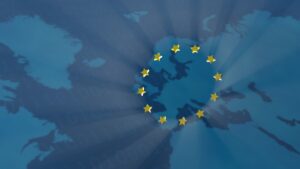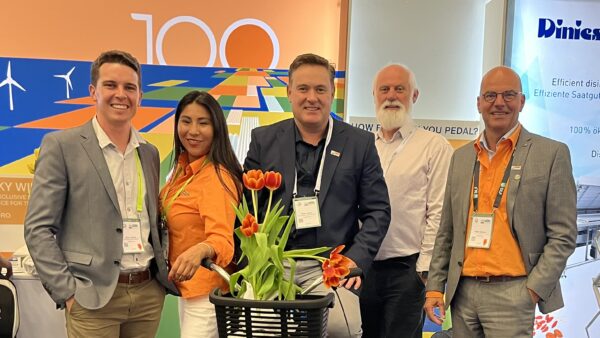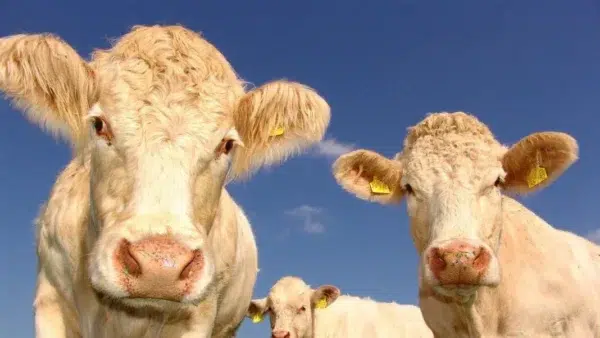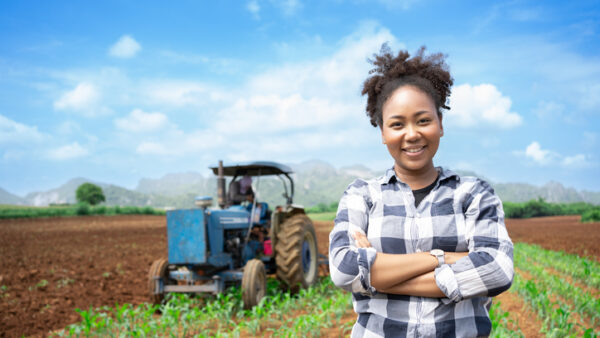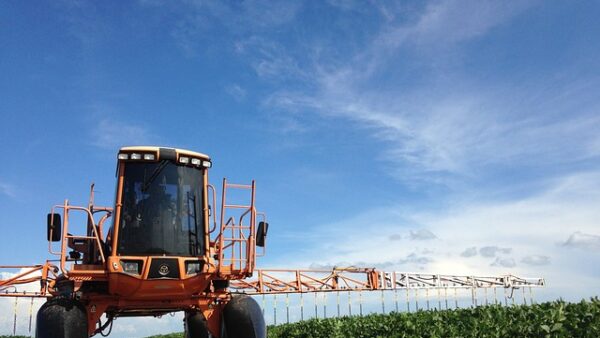Two and a half years after the publication of the Commission’s communication on the Farm to Fork and the Biodiversity strategies, and the embodiment of sustainability as the Commission’s flagship for this mandate, it is time to talk substance about its meaning.
Already in 2021, a good number of studies and reports [1] showed that the full application of the measures contained in both strategies would imply higher agri-food production costs and less production in the EU. Meanwhile, inflation, higher production costs (gas, fertilisers) and the markets disruption due to the war in Ukraine have added a new dimension of uncertainty for EU agri-food producers. Not to mention the severe droughts in several parts of Europe this summer. It is not by chance that food security has climbed up from an almost forgotten topic in the EU to the highest political arena [2], making even more relevant the “leave no one behind” principle of the European Green Deal.
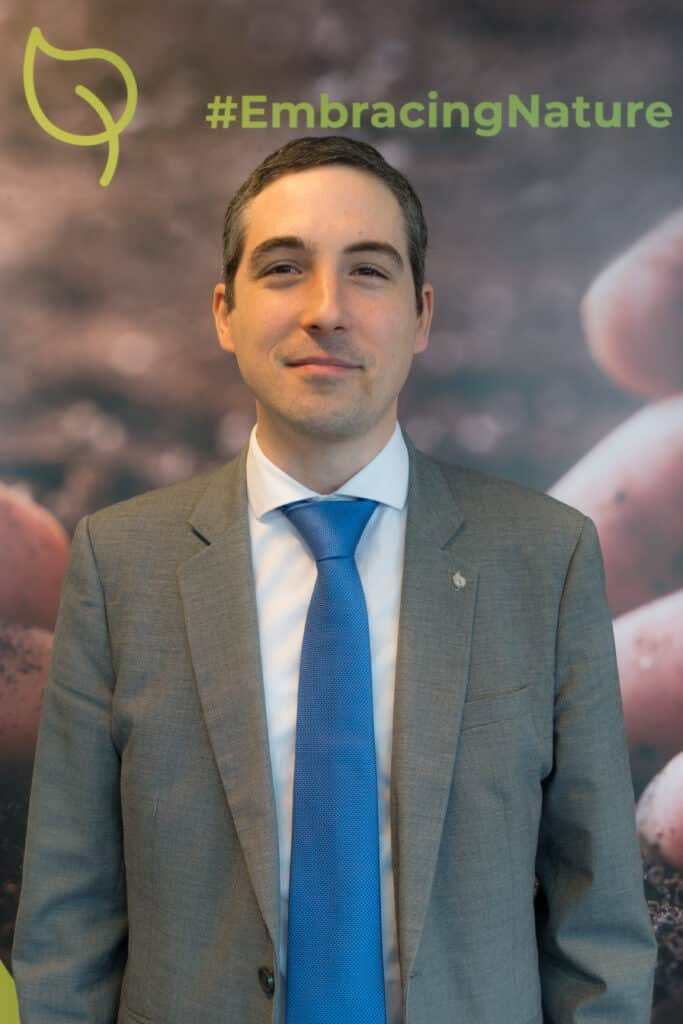
In this context, business as usual seems not to be the right way forward. Yet, the recent developments around the Common Agricultural Policy (CAP) and the Sustainable Use of Plant Protection Products Regulation indicate how difficult it is to change a deep-rooted political trend.
By the end of 2022, the Commission has to give the green light to the different National Strategic Plans of the CAP (the actual implementation of the CAP). To that end, the Commission made some remarks and recommendations to the drafts in May 2022 [3] based on its political priorities. By examining the National Strategic Plans with the lens of the Farm to Fork and the Biodiversity strategies, the Commission did further increase an already established trend of higher environmental requirements (i.e., pushing for an arbitrary 25 per cent organic land by 2030). Let’s not forget that the two principal objectives of the CAP are: 1) to support farmers to make a reasonable living; and 2) to ensure food security and affordability [4]. The derogations issued this summer for some of the main provisions within the CAP show that it might not be fit for purpose in the current times.
Regarding the Commission’s proposal on the Sustainable Use of Plant Protection Products, it is worth mentioning that the impact assessment clearly identified that production costs per unit will increase due to higher administrative burden and lower yields [5]. Moreover, the positive effects of using more resistant/tolerant varieties or seed treatment as possible ways to reduce the use of pesticides are not fully harnessed in the proposal. On top of that, a complete ban of pesticide use in sensitive areas would have a very negative impact on breeding and clean seed production, thus hindering farmers’ efforts to reduce pesticide use.
The Commission has in the pipeline two new legislative initiatives for 2023 that will feature the crop varieties that will arrive to the market in the medium-long term, thus having a major effect on breeders and farmers: the revision of the Seed Marketing Directives and a proposal on New Genomic Techniques. Extensive literature review shows how plant breeding, and the seed sector at large are behind most of the productivity and sustainability gains of the European agriculture for the past decades [6]. Therefore, an enabling regulatory framework for plant breeding is needed to continue contributing to these goals in the coming future. Breeders have innovative and technological tools at their hands that could help balancing the equation, but to do that, they need political willingness and long-term certainty.
We all know that sustainability is a complex issue, and I don’t believe it is really the Commission’s intention to increase administrative burden and reduce yields as if nothing had changed in Europe since March 2022. I also believe that sustainability is not a goal per se but a moving target in relation to other things (i.e., production) and that food sustainability should not come at the expense of food security (physical access and price) or food safety.
I also believe that it is fair to aim for improved sustainability in the agri-food chain and to set ambitious political targets to achieve this goal. What requires a more thorough assessment is the how. And there, science-based decisions have traditionally proven to be the best way to address complex challenges. That is why, if we want to succeed in our goal, we (stakeholders, policymakers, NGOs) need to change the direction of travel and (re)think over sustainability.
[1] https://euroseeds.eu/news/farm-to-fork-it-is-time-to-listen-to-what-the-data-says/
[2] Council declaration in Versailles; European Parliament resolution on the need for an urgent EU action plan to ensure food security
[3] Commission observation letters on CAP strategic plans
[4] Treaty of the functioning of the EU
[5] Page 13, Commission’s proposal for a regulation on the sustainable use of plant protection products
[6] HFFA Research The socio-economic and environmental values of plant breeding in the EU and for selected EU member states
Read More from the November Issue:
Who Is Driving Sustainability?
Seed Sector and Green Deal, New Genomic Techniques




